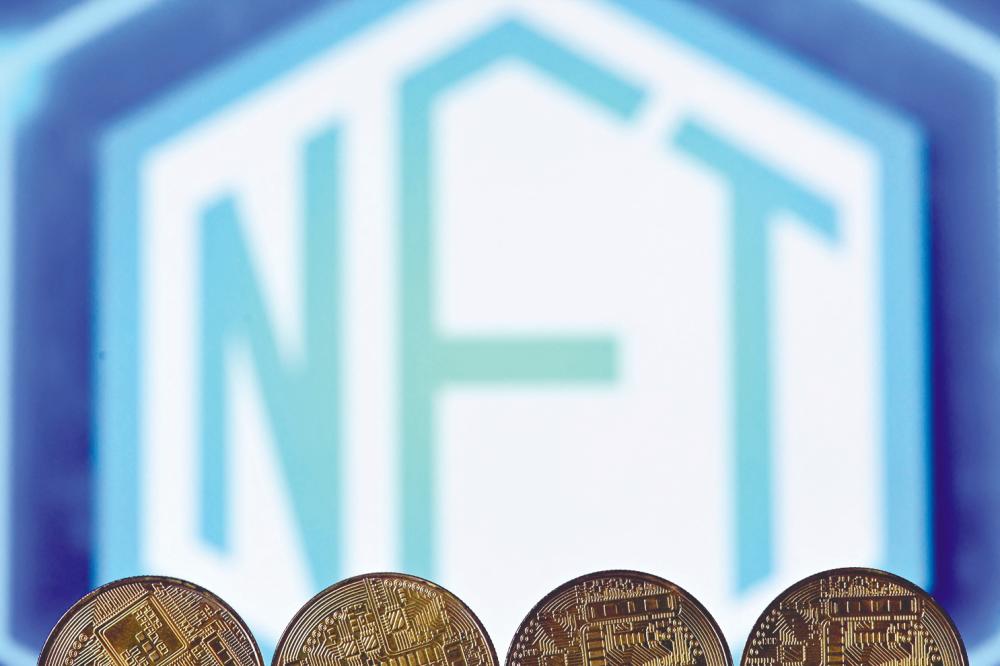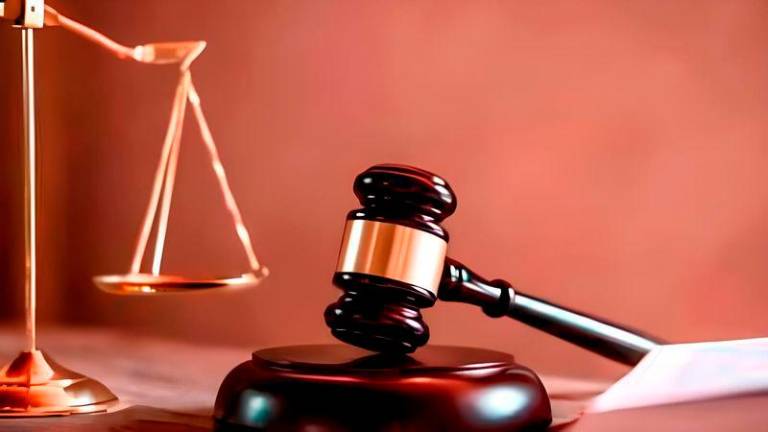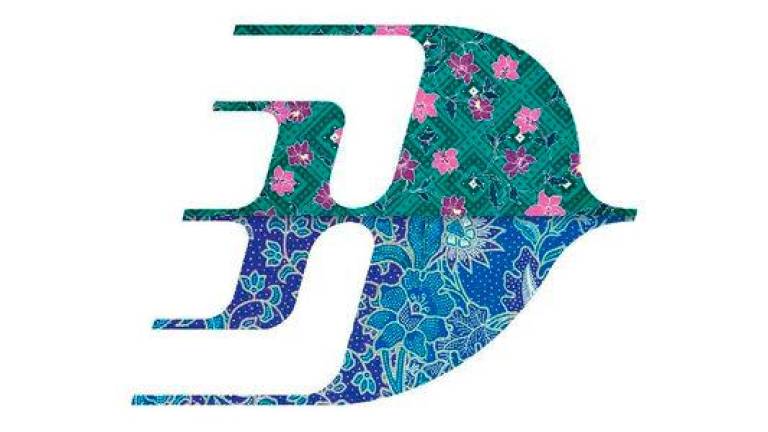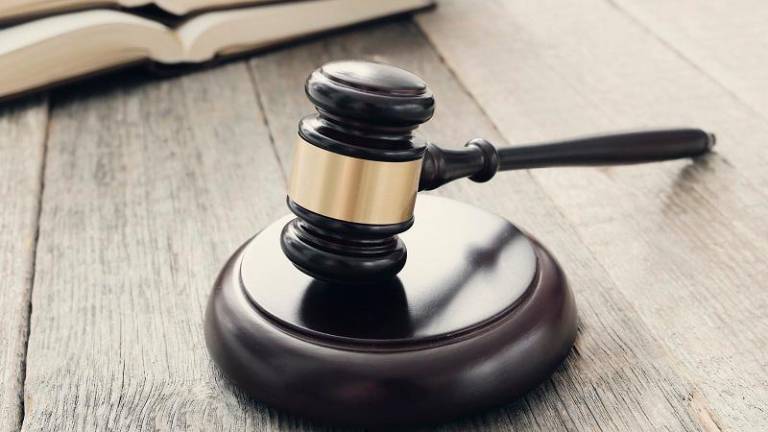NON-FUNGIBLE tokens have been the talk of the town in recent years. Our earlier article on NFT touched on the media aspect and the Content Code, and this article examines the intellectual property rights considerations for NFT.
What are NFT?
NFT are units of data stored on a digital ledger called a blockchain that certifies a digital asset as unique and distinctive. They represent ownership of real-world items such as art, photography, video clips, music, and more, in digital form. Unlike cryptocurrencies, NFT are not interchangeable, therefore “non-fungible”.
The process of creating an NFT is known as “minting”, where digital files are converted into crypto collections or digital assets that are stored on the blockchain. Artists can “mint” their artistic works on NFT marketplaces like OpenSea, Mintable or Rarible.
Are NFT protected by copyright?
Copyright is a type of intellectual property that protects original works of authorship as soon as an author fixes the work in a tangible form of expression. Generally, NFT are not likely to be protected by copyright as they merely represent data on a blockchain, which by itself, would not constitute an original work of authorship. However, the underlying works on which the NFT is created may enjoy copyright protection.
Rights that an NFT buyer acquires
There is some confusion surrounding what rights buyers acquire when they purchase an NFT. Generally, the purchase of an NFT only grants the buyer ownership of the specific copy or version of the underlying work that the NFT represents, and not the underlying copyright, which is not ownership of the actual work.
It does not give the buyer a proprietary right to or ownership of every copy or version of the underlying work. In other words, when purchasing an NFT, the buyers are merely buying the metadata associated with the underlying work, not the underlying work itself or its accompanying rights. Copyright remains with the creator of the work.
However, parties can modify this in the contract for sale, deed of copyright assignment or deed of copyright license. For example, the smart contract which governs an NFT transaction would stipulate how proprietary rights, including the copyright of the underlying work which the NFT represents, are dealt with in the transaction or transferred upon sale of the NFT.
Copyright Infringement
Under Section 7(1) of the Copyright Act 1987, works eligible for copyright protection are literary works, musical works, artistic works, films, sound recordings and broadcasts. According to Section 13(1) of the Act, the copyright includes the exclusive right to control (a) the reproduction in any material form; (b) the distribution of copies to the public; (c) the communication to the public; (d) the performance, showing or playing to the public; and (e) the commercial rental to the public, of the work.
There are two types of copyright infringement involving NFT:
1. By an NFT buyer
As discussed above, unless expressly agreed otherwise between the seller and the buyer, upon the sale of an NFT, the underlying copyright remains with the creator, who is the copyright owner. The NFT buyer shall not reproduce, distribute or sell the work for any commercial purpose without the copyright owner’s consent, or this could amount to a copyright infringement under the Act.
2. By an NFT creator
The minting of an NFT is also susceptible to copyright infringement, which is, when a person who is not the author or copyright owner of the work mints an NFT of the work and misrepresents that they are the author or copyright owner of the work. The exclusive rights of a copyright owner, as provided under Section 13 of the Act, would include the right to mint the NFT of the work.
In minting an NFT, one must possess or be assigned the right to reproduction of the work and communication of the work to the public. Otherwise, it would likely imply copyright infringement.
Conclusion
Two key takeaways:
1. It is essential to distinguish between the ownership of the NFT and the underlying copyright. NFT buyers must bear in mind that NFT ownership does not necessarily equal copyright ownership. NFT buyers should be vigilant about their rights and the terms of use of their NFT to avoid unnecessary legal action; and
2. As an NFT creator, one should only mint an artwork which they own the copyright to, unless prior consent was obtained from the copyright owner. As a buyer, one should be aware of unauthorised NFT in the marketplace and the consequences that arise from them.
Despite the evolution of this area of technology, there are still no laws or regulations that specifically govern NFT in Malaysia or most other jurisdictions. It is time that intellectual property laws that regulate the NFT space are enacted, to provide greater clarity about copyright-related issues.
This article is contributed by Loh Yan Shuang of Christopher & Lee Ong.










